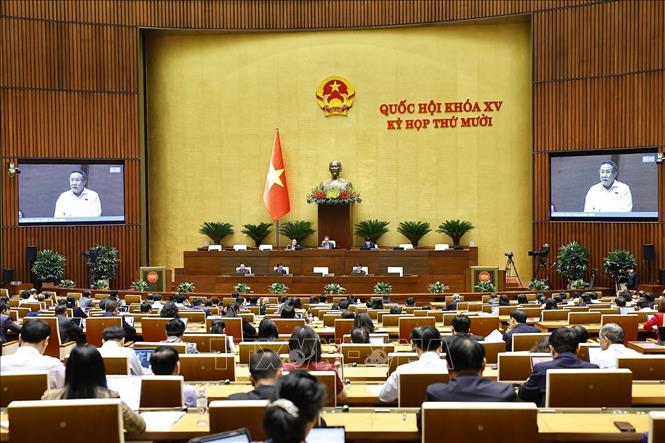
Most of the discussion speakers said that amending the law will institutionalize investment freedom, create a transparent and open environment but with strategic selection, reduce the "ask-give" mechanism and link incentives with innovation.
Discussing in detail the contents of the draft Law, the issue of prohibited investment and business sectors and occupations received special attention from many delegates. Proposing to add laughing gas N2O and new psychotropic substances to the list of prohibited investment and business sectors and occupations, delegate Pham Trong Nhan ( Ho Chi Minh City) emphasized that these are new psychotropic substances, which are destroying health at a faster rate and with more serious consequences than electronic cigarettes.
The delegate said that it is impossible to allow a substance that is both nerve-destroying and highly addictive like N2O to exist in the country's list of legal investment and business sectors.
Delegate Nguyen Anh Tri ( Hanoi ) welcomed the drafting committee for adding e-cigarettes and heated tobacco products to the List of prohibited investment and business, but proposed more specific regulations in Article 6 in the direction of: "Prohibiting the production, trading, import, harboring, transporting, and use of e-cigarettes, heated tobacco products, and gases and addictive substances that are harmful to human health" to be consistent with the spirit of Resolution 173 of the National Assembly. The delegate also recommended the need to "immediately ban N2O gas for recreational purposes".
Regarding the review of conditional business investment sectors in Article 7, many opinions suggested that it is necessary to continue reviewing to ensure rationality and effectiveness, and at the same time add a quality control mechanism after removing 25 sectors.
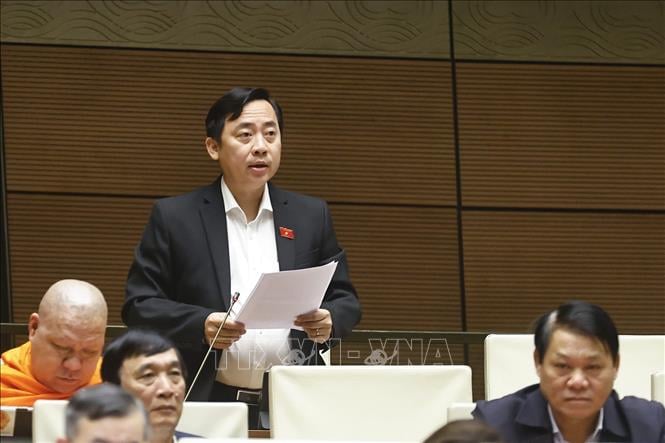
Delegate Dao Chi Nghia (Can Tho) agreed that the change from pre-control to post-control of expertise is consistent with Article 33 of the Constitution on freedom of business but proposed to add a minimum control mechanism on quality and expertise. The delegate also said that the draft law lacks a form of management with mandatory practice certificates for highly specialized professions that have been abolished; proposed to amend Point d, Clause 6, Article 7 in the direction: "Other requirements that individuals and economic organizations must meet to carry out business investment activities without written confirmation from competent authorities, including regulations on mandatory practice certificates for individuals participating in highly specialized professions as specified in detail by the Government".
Delegate Le Hoang Anh (Gia Lai) agreed with the bold removal of inappropriate industries, but proposed to review and narrow down the groups of industries that are too broad, such as the food business group, and proposed to narrow the scope of application to e-commerce, and proposed to add a 3-year periodic review mechanism according to OECD practice, removing the phrase "other requirements" in Clause 6, Article 7 to avoid the emergence of "hidden sub-licenses".
Delegate Pham Van Hoa (Dong Thap) proposed to review more of the 227 conditional business conditions and said that conditions related to specialized fields should be managed and responsible by specialized ministries. The delegate also pointed out the similarities in the regulations that were removed and not removed, for example, auditing is included in the conditional business services, while accounting services are excluded, suggesting that the Ministry of Finance "pay attention and consider this point".
In addition to the contents on business conditions, some opinions also focused on procedures and special investment incentives to select strategies. Delegate Ha Sy Dong (Quang Tri) highly appreciated Articles 15 to 18 on incentives and special incentives as the backbone of the investment attraction policy, but emphasized that if large incentives are not accompanied by technology transfer conditions, Vietnam will forever be just a factory. The delegate proposed to add a minimum condition, that is, projects enjoying special incentives must transfer technology at level 2 or higher and train at least 200 high-level workers for Vietnam each year. If the commitment is not fulfilled, the delegate proposed "withdrawing incentives and possibly having to compensate double the amount of incentives received".
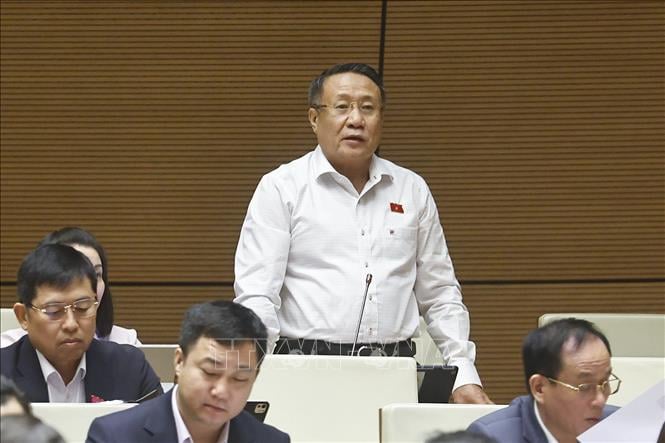
Regarding the special investment procedures in Article 29, delegate Ha Sy Dong commented that this is a real breakthrough, but emphasized that "special mechanisms must have special criteria" to avoid abuse, and proposed adding conditions that only apply to national priority technology projects such as semiconductors, artificial intelligence (AI) data centers, renewable energy, with a minimum capital scale of 50 million USD or more.
Sharing the same concern with delegate Ha Sy Dong, delegate Nguyen Hoang Bao Tran (Ho Chi Minh City) commented on the content of investment incentives and support, saying that this is a group of regulations that is of key significance in shaping Vietnam's investment environment in the new period. The delegate pointed out that Article 14 has established two important policy tools: investment incentives and investment support, creating a legal framework for forms of business incentives, but this provision needs to be completed in more detail. Accordingly, it is necessary to clearly distinguish the nature of incentives and support. Investment incentives are a mechanism to "reduce burdens" - mainly through taxes and land. Investment support is a mechanism to "increase capacity" - such as human resource training, infrastructure, and research and development. The draft has not clearly distinguished these two tools, which can easily lead to localities applying overlapping incentives or unfounded support.
Regarding the ceiling of incentives, delegate Nguyen Hoang Bao Tran said that for many years, Vietnam has witnessed a situation of "racing" to offer incentives to attract investors, especially in the fields of real estate, textiles, and simple assembly. This erodes budget revenue but does not create corresponding added value. He proposed that Article 14 add regulations on the maximum threshold for some types of incentives, and at the same time require impact assessment before granting incentives to ensure fiscal discipline. The delegate also suggested adding the principle of linking incentives and support with implementation efficiency.
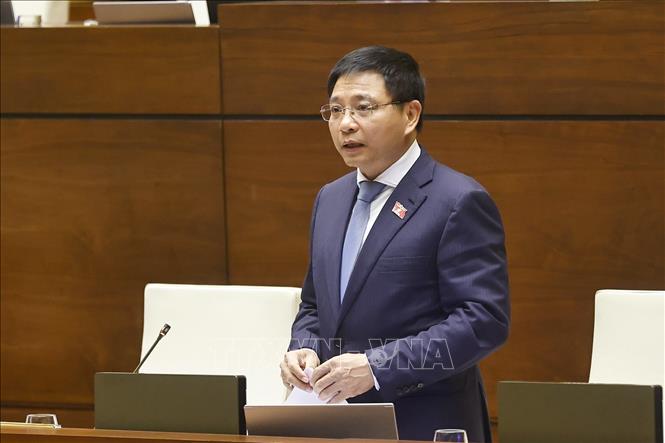
At the end of the discussion, Minister of Finance Nguyen Van Thang made a statement to clarify some issues of concern to National Assembly delegates. The Minister affirmed that the Ministry will continue to research, review, streamline and reduce conditional business investment sectors, and said that although the initial draft expected to cut about 25 business sectors, through intensive work, it is expected that at least "about 50 business sectors" will be cut.
Regarding the scope of banned substances, the Minister said that he had taken into account the opinions of the delegates and adjusted and added N2O as well as psychotropic substances to the list. The Ministry of Finance will closely coordinate with the Ministry of Public Security and the Ministry of Health to review, adjust and supplement appropriately and strictly to prevent and eliminate exceptional cases (production according to the requirements of the Ministry of Health).
The Minister also said that after the Law takes effect, the Government will assign ministries and branches to continue amending investment and business conditions, switching to a post-inspection mechanism to ensure full and consistent implementation of the freedom of business of people and businesses.
Source: https://baotintuc.vn/thoi-su/de-xuat-bo-sung-khi-cuoi-chat-huong-than-moi-vao-nganh-nghe-cam-kinh-doanh-20251127123117832.htm








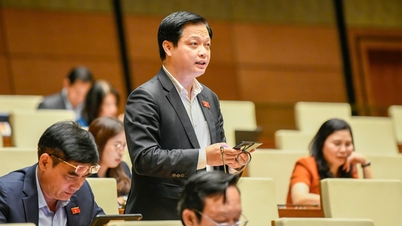

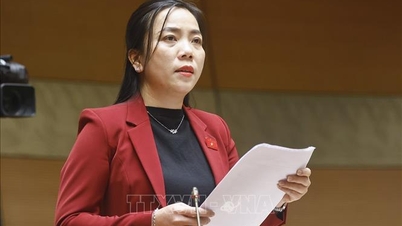
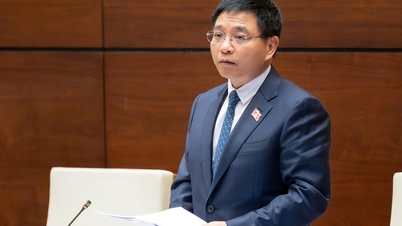

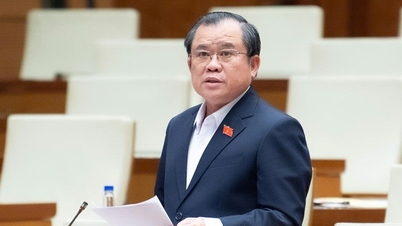
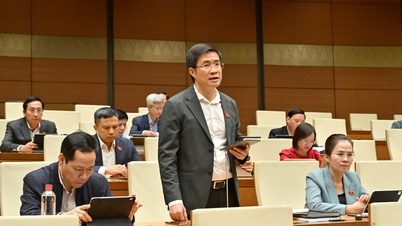
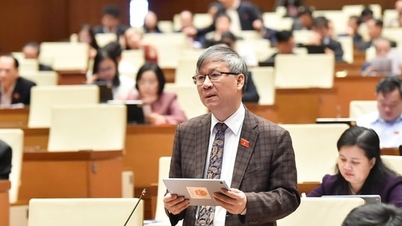

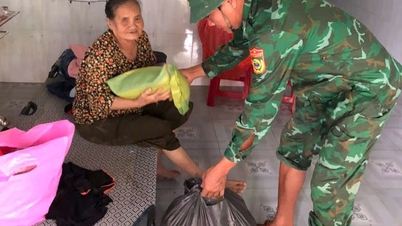
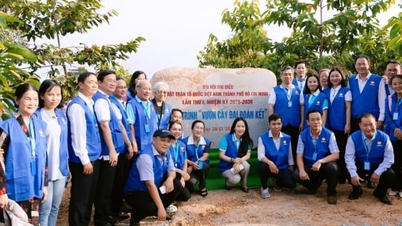

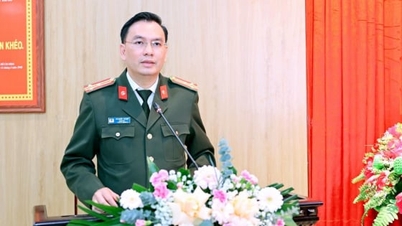
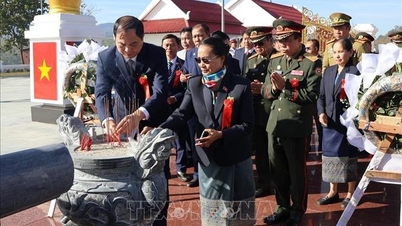
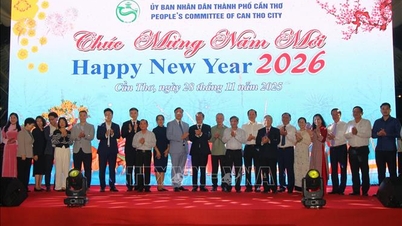
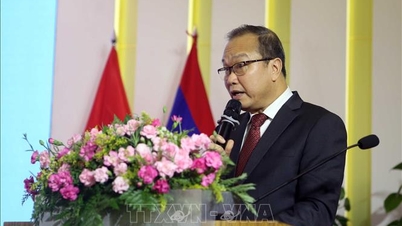




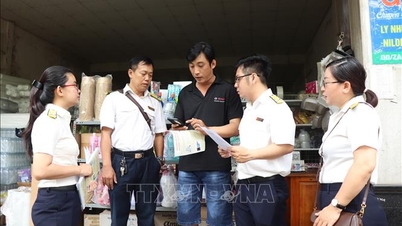
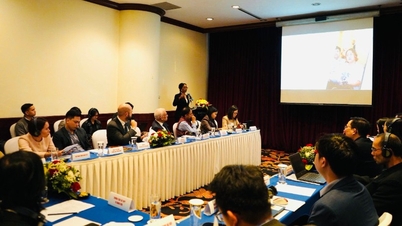
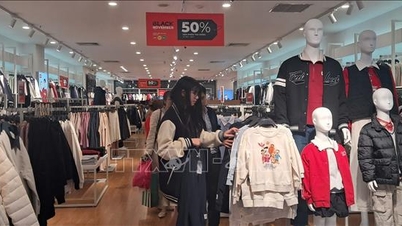
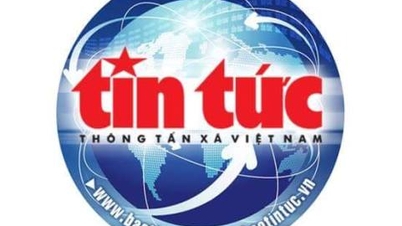




















































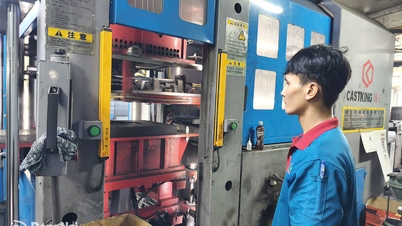



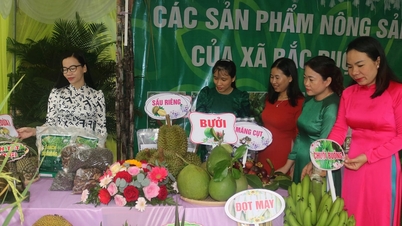

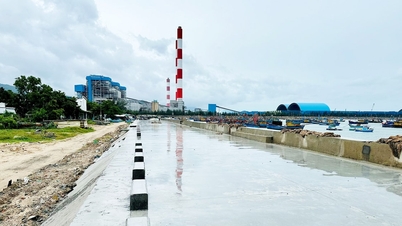
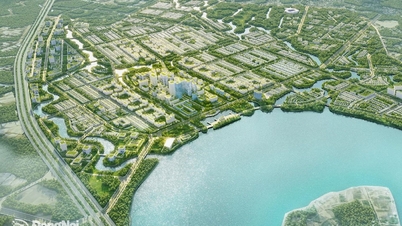
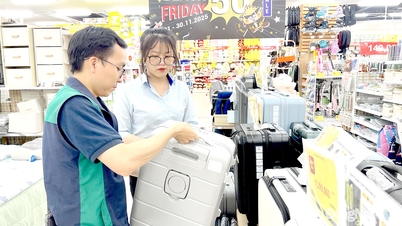












Comment (0)